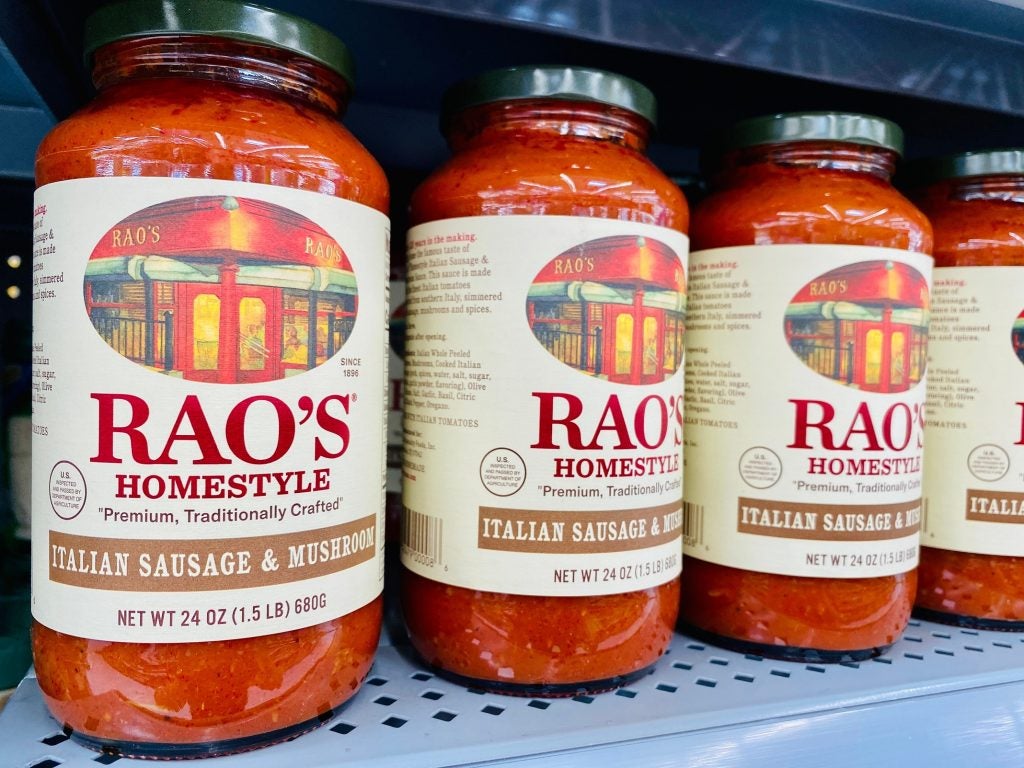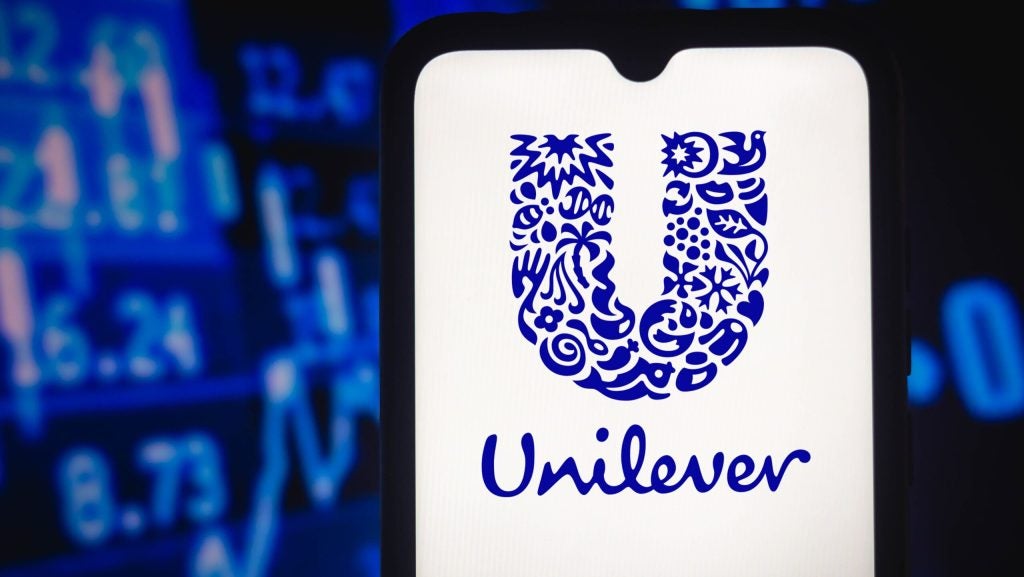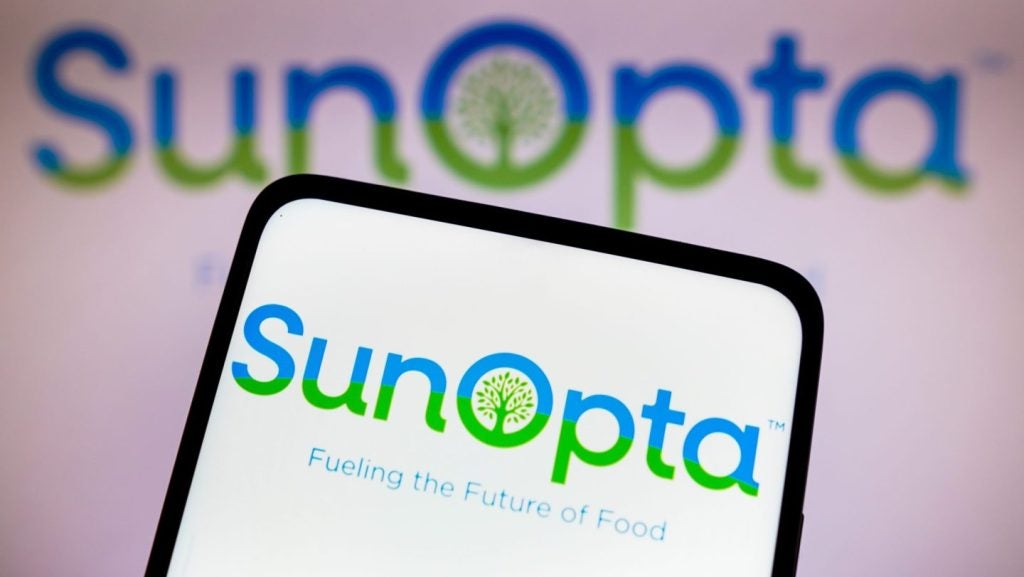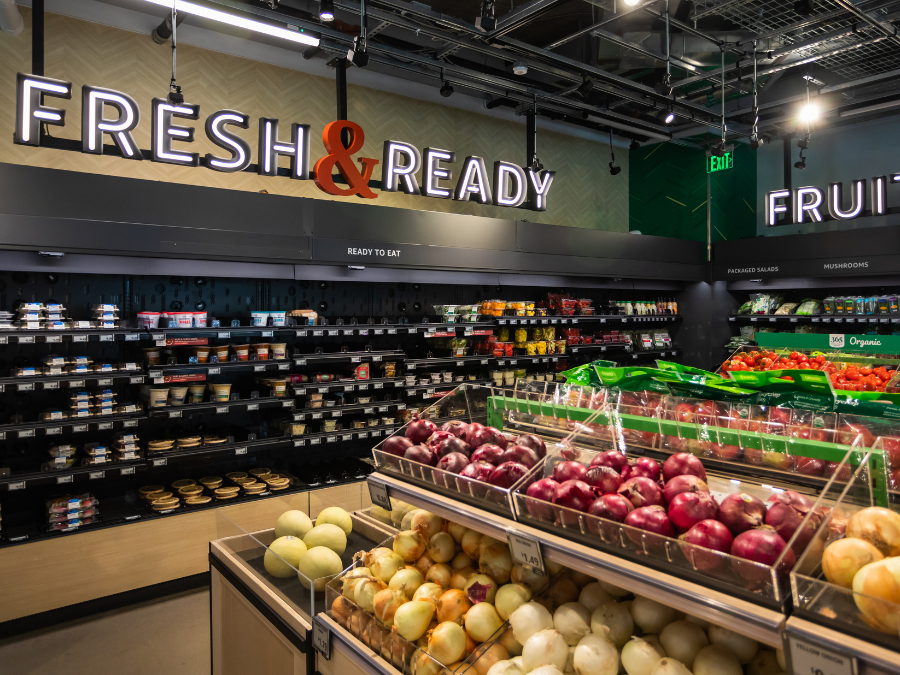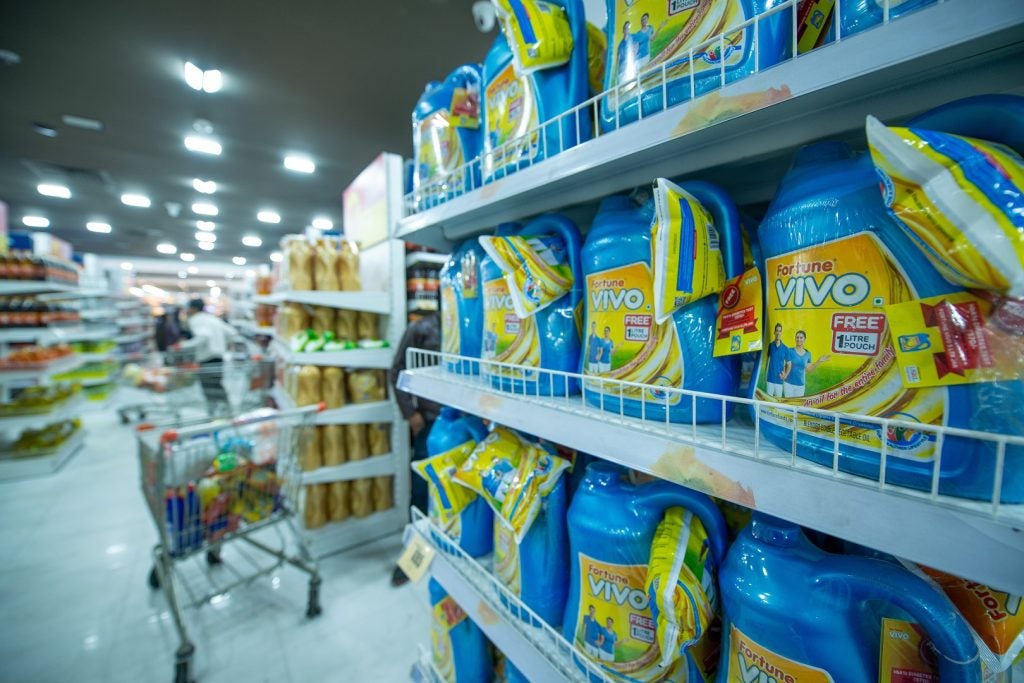One of the founders of Dutch cultivated-meat company Meatable has said it is unlikely the business will make a profit from its first products in the market.
Daan Luining, co-founder and CTO of the business, which is targeting the Singapore and US markets after raising $35m in a new funding round, told Just Food the supply chain economies of scale necessary to make a profit will not have been achieved for the initial product launches.
“We won’t make a profit from the first batches,” he said. Asked if those products amount to loss-leaders, he said “close to that”.
Founded in 2018, Meatable, which creates cultivated meat including pork sausages and dumplings, claims to have the fastest production process in the cell-based field and that it can move from cell to cultivated sausage in just eight days.
It is targeting Singapore and the US as they are the first two countries to green-light meat grown in a lab.
Luining said it is aiming to get its products into Singapore restaurants next year after teaming up with local manufacturer Esco Aster.
“With restaurants, we can get feedback and chefs will be able to experiment,” he said. “We can gain traction there and then move to the US.”
Luining said the company is liaising with consultants in the US on the best location for manufacturing its products.
Other than regulatory approval, a large barrier to cultivated meat being seen in chilled cabinets in supermarkets anytime soon is cost.
The growth medium, a mix of nutrients cells need to grow, is extremely expensive because it is not being supplied to cultivated meat manufacturers in large quantities in the way it is to the likes of biotechnology companies, pharmaceutical businesses, research institutes and academic institutes.
“The supply chain needs to be developed,” says Luining. “Our media team is looking for suppliers.”
He has previously said: “To achieve our vision of providing the world with harm-free meat, we have to be price competitive, and this means efficiency is key."
The company’s homeland, the Netherlands, announced the world’s largest ever-public investment into cellular agriculture last year and has approved the ‘road-testing’ of cell-based products but as yet there has been no regulatory approval for the products to be sold to consumers at the European Union level or in the UK.
“Europe has been significantly slower in [creating] the regulatory pathway,” Luining said. “It will come to market later”.
However, he does not see countries that have approved cultivated meat already having a first-mover advantage because “the market is so big”.
He added: “If we only get 1% of the [meat] market, that is vast.”




